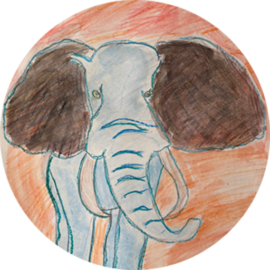The New New Normal
When a baby is born, the first thing the midwife says to the anxious parents is usually: “Congratulations, it’s a healthy child with ten fingers and ten toes.”
While that feels reassuring (I know, I’ve been at the receiving end thrice) it’s also a powerful way of passing down what we think of as normal.
I like to think that the extent to which there are options in life for those who don’t make the “normal” cut, is a measure of a given societies humanistic maturity.
Sweden has always ranked high in this regard, but even growing up here I always took for granted that my highest dream—to become a fighter pilot, was out of the question due to a slight nearsightedness. The requirement of perfect physical shape was so self-evident that it didn’t have to be spelled out.
The pilot-as-übermensch archetype was never reinforced more vigorously than in Tom Wolfe’s extremely entertaining book (turned-feature film) The Right Stuff.
In it we get to follow the American fighter jocks who competed to be selected for the Apollo program. The title of the book refers to the understanding that the best pilots were simply born to do the job, they were “a new breed of man”, as they say in the (now cringe-worthy) film trailer.
That’s why it was *so refreshing* the other day to see former Paralympic athlete John McFall being selected out of more than 22 000 valid astronaut applicants.
It’s also funny how that news story popped up just as I was finishing a post where I’m thinking about how to create a recruitment process that puts trust center stage. In it I contrast spies (deterrent example) with astronauts (gold standard example), and try to think what we can learn from that.
With this new parastronaut chapter, I think the space-space has just gotten even more inspirational!
